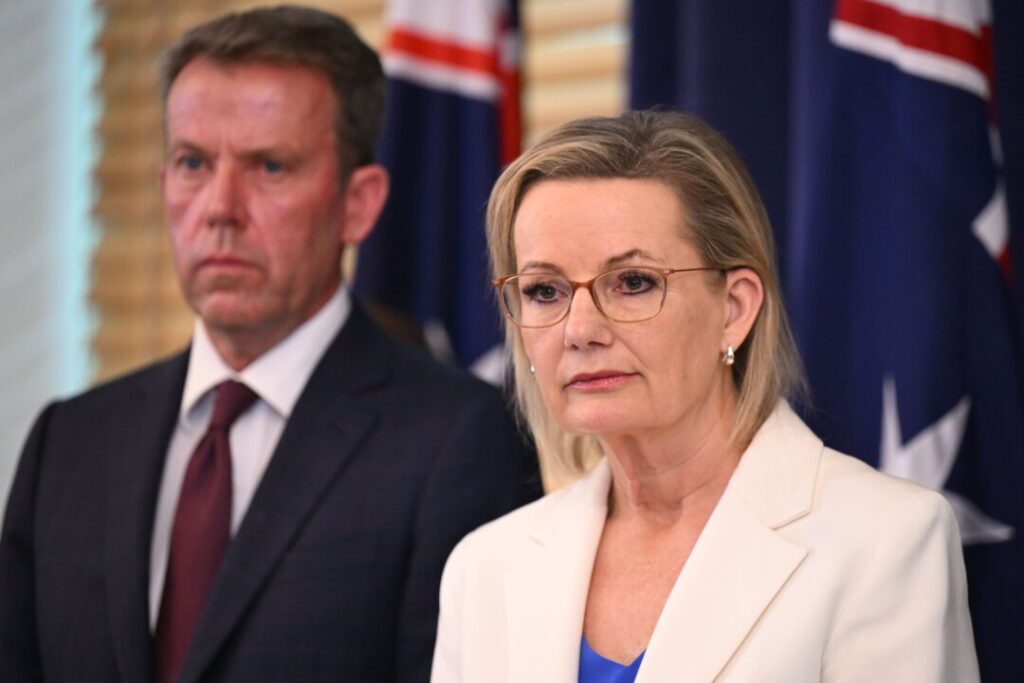
The Liberal Party has officially abandoned its target to achieve net zero emissions by 2050, a decision announced by Opposition Leader Sussan Ley following an extensive meeting on November 13. Ley emphasized that the party’s focus would now be on affordability in energy rather than climate ideology, arguing that Australians deserve “affordable energy and responsible emissions reduction.”
In the wake of the decision, Ley criticized the current government’s policies, stating that under the Labor administration, Australia has seen a “trifecta of failures” characterized by rising energy prices, declining reliability, and stagnant emissions levels. She claimed that Labor’s approach, which includes mandates and taxes aimed at achieving net zero, is detrimental to businesses and consumers alike.
Party Dynamics and Policy Shifts
The decision to drop the 2050 emissions targets reflects a significant shift within the Liberal Party, particularly as factions within the party aligned against the previous renewable energy goals. Ley’s stance underscores a growing sentiment among party members that prioritizing economic concerns is essential for winning back public support.
During the meeting, party officials expressed concerns about the impact of rising energy costs on everyday Australians. Ley highlighted that the Liberal Party aims to ensure energy remains affordable while also addressing emissions, suggesting a balance between economic viability and environmental responsibility.
Critics of the Labor government’s approach have pointed to the challenges faced by households and businesses as costs continue to rise. Ley’s remarks resonate with many constituents who feel the pressure of increasing energy bills. By pivoting to affordability, the Liberal Party hopes to position itself as a viable alternative to the current government.
Implications for Future Energy Policy
The Liberal Party’s new direction raises questions about the future of Australia’s energy policy landscape. With the abandonment of the net zero target, the party may seek to propose alternative strategies for emissions reduction that do not impose heavy financial burdens on Australians.
Ley’s comments suggest that the Liberal Party will prioritize strategies that encourage economic growth while addressing climate goals. The effectiveness of this approach will likely become a key topic in future policy debates, as Australians assess which party best represents their interests regarding energy affordability and environmental sustainability.
As the political landscape evolves, the Liberal Party’s decision could have lasting implications for both its electoral prospects and the broader discussion on energy policy in Australia. The focus on economic concerns may resonate with voters, reshaping the dynamics leading into upcoming elections.






